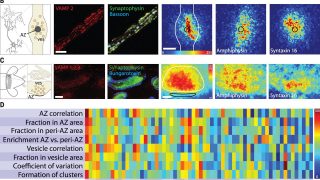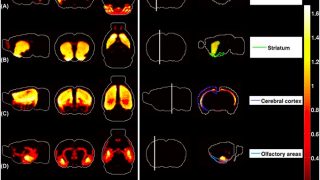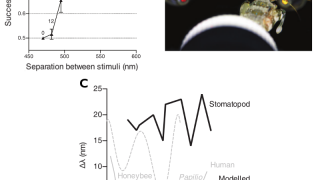
A brain inside a chip
Building machines which mimic the capacities of biological brains –and of the human brain in particular– is one of the main challenges of modern science. With the fast development of computer speed and power in the second half of the past century, this goal seemed, in the early days of artificial intelligence, simply a matter […]








